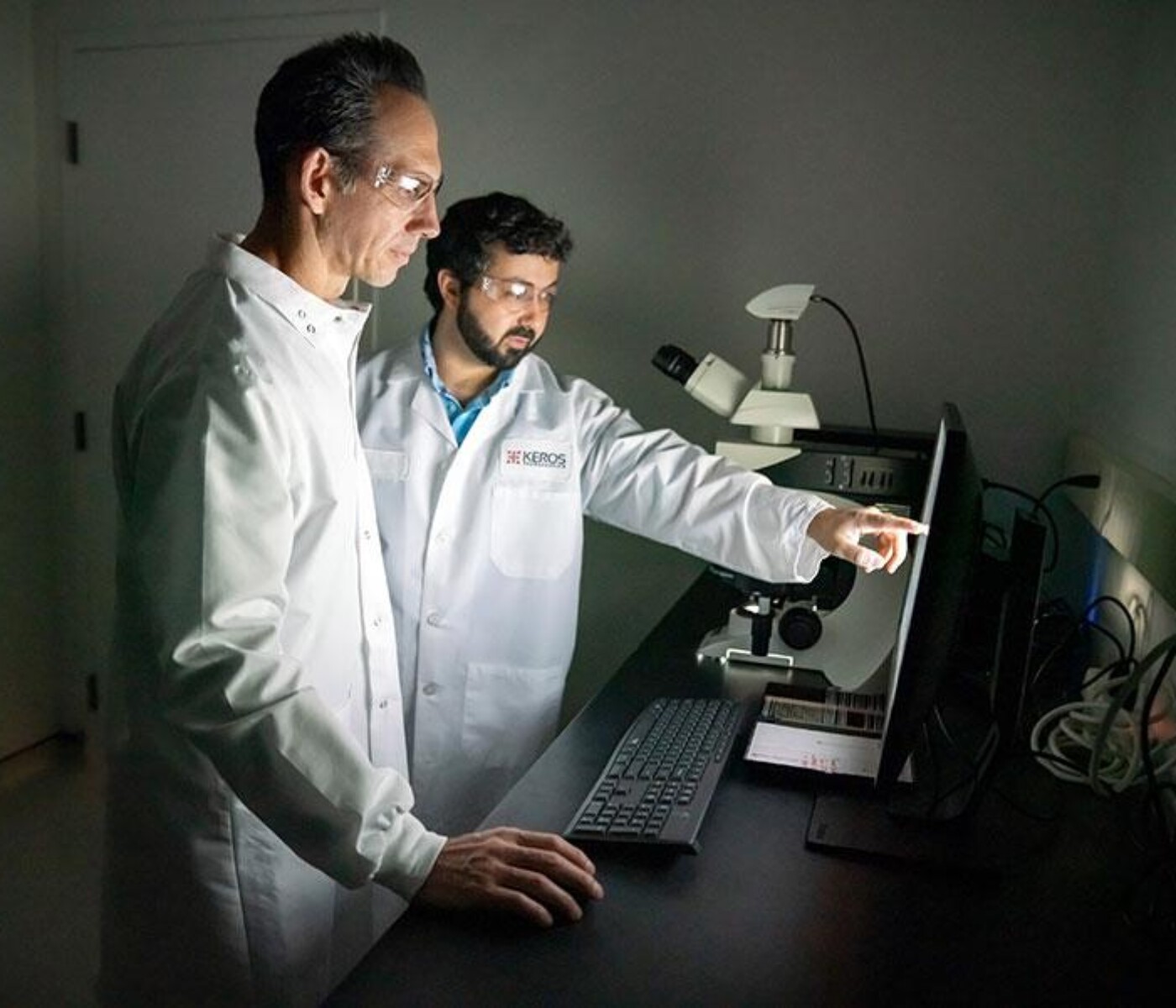Pipeline
Candidate | PreclinicalPre | Phase 1Ph1 | Phase 2Ph2 | Phase 3Ph3 | Logo |
|---|---|---|---|---|---|
Pulmonary & Cardiovascular | |||||
Pulmonary & Cardiovascular | PreclinicalPre | Phase 1Ph1 | Phase 2Ph2 | Phase 3Ph3 | |
KER-012 Cibotercept |  | ||||
Neuromuscular | |||||
Neuromuscular | PreclinicalPre | Phase 1Ph1 | Phase 2Ph2 | Phase 3Ph3 | |
KER-065 Therapeutic Protein | KER-065 Therapeutic Protein |  | |||
Hematology | |||||
Hematology | PreclinicalPre | Phase 1Ph1 | Phase 2Ph2 | Phase 3Ph3 | |
KER-050 Elritercept |  | ||||
KER-050 Elritercept | |||||
Preclinical | |||||
Preclinical | PreclinicalPre | Phase 1Ph1 | Phase 2Ph2 | Phase 3Ph3 | |
Musculoskeletal | Musculoskeletal |  | |||
Obesity | Obesity | ||||
Undisclosed Assets | Undisclosed Assets | ||||
